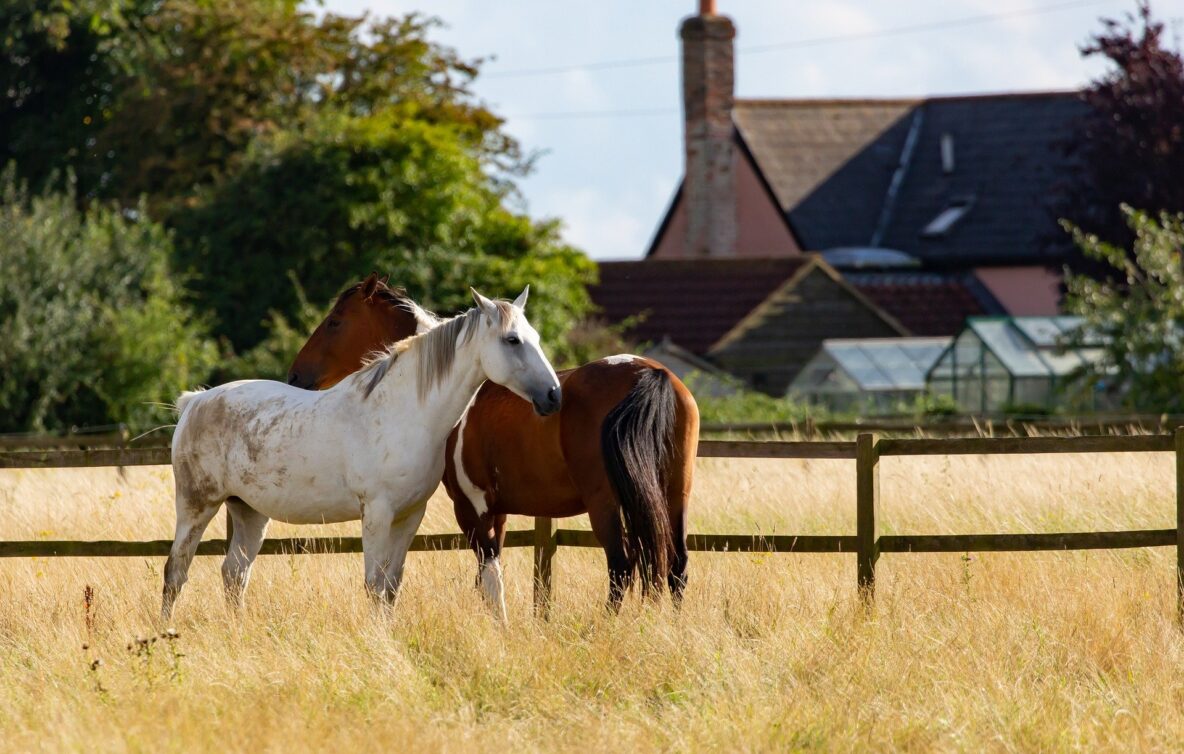What is Equine Herpes Virus (EHV)?
There are five strains of herpes virus which affect horses, with EHV-1 and EHV-4 most commonly causing problems to horse health.
EHV is widespread in the horse population with some horses carrying the virus but not showing signs of the disease as the virus can remain latent (hidden) within the horse.
The reactivation of the virus can occur without warning but is usually associated with stress such as transportation or weaning. Once reactivated the virus causes disease in the horse and rapidly spreads from one horse to another.
EHV-1 causes abortion in mares and also can cause neurological disease. It can also cause respiratory disease in younger horses.
EHV-4 causes respiratory disease and occasionally causes abortion in mares.
How is equine herpes spread?
Both EHV-1 and EHV-4 are spread directly via droplets in the air from coughing horses and also indirectly via people, tack, feed and equipment. In the case of EHV-1, contact with aborted foetuses and placentae associated with abortions can spread the disease.
What are the signs of equine herpes?
The signs seen with infection depend upon the strain and some horses will be infected without showing any signs. Where infected individuals do display signs these may include:
- Respiratory Disease – rise in temperature; coughing; nasal discharge; lack of appetite.
- Neurological Disease- hind limb weakness; incoordination; paralysis and the inability to stand.
- Abortion and death of newborn foals.
Can my horse die of herpes?
Most horses recover from the respiratory signs although they will remain latently infected (showing no signs). Neurological cases often require euthanasia on welfare grounds.
How is herpes treated?
There is no specific treatment for herpes. Treatment for respiratory cases is usually symptomatic with good nursing and management.
Can herpes be prevented?
There is a vaccine available for EHV which can be used to reduce the clinical signs and spread of the disease. Please speak to your vet for advice on this. Furthermore, good yard biosecurity and management can help to prevent the spread of EHV. For example, youngstock who are very susceptible to the respiratory disease should be kept separately to broodmares.

